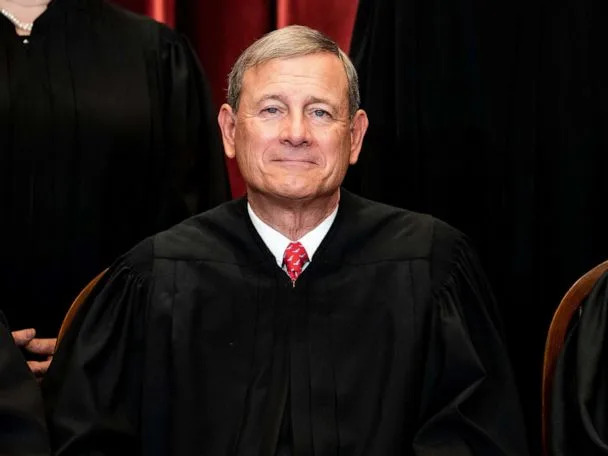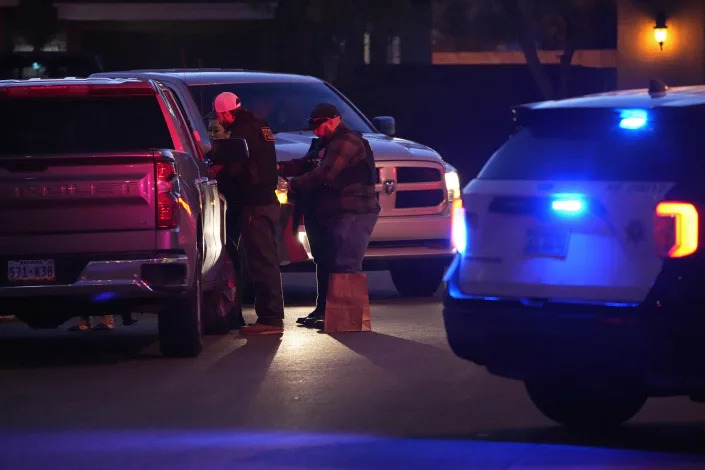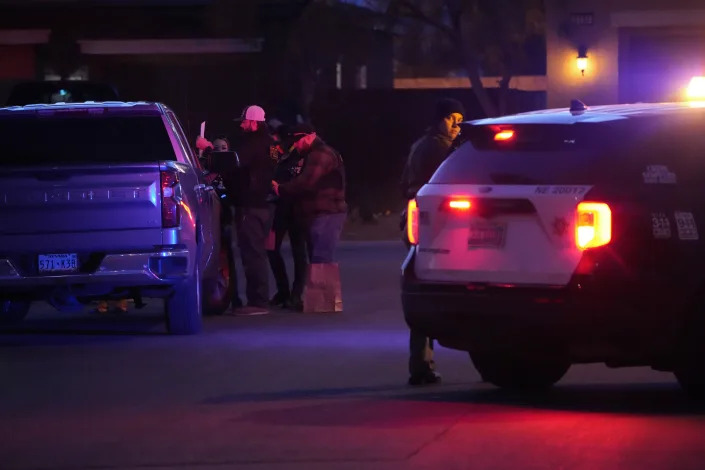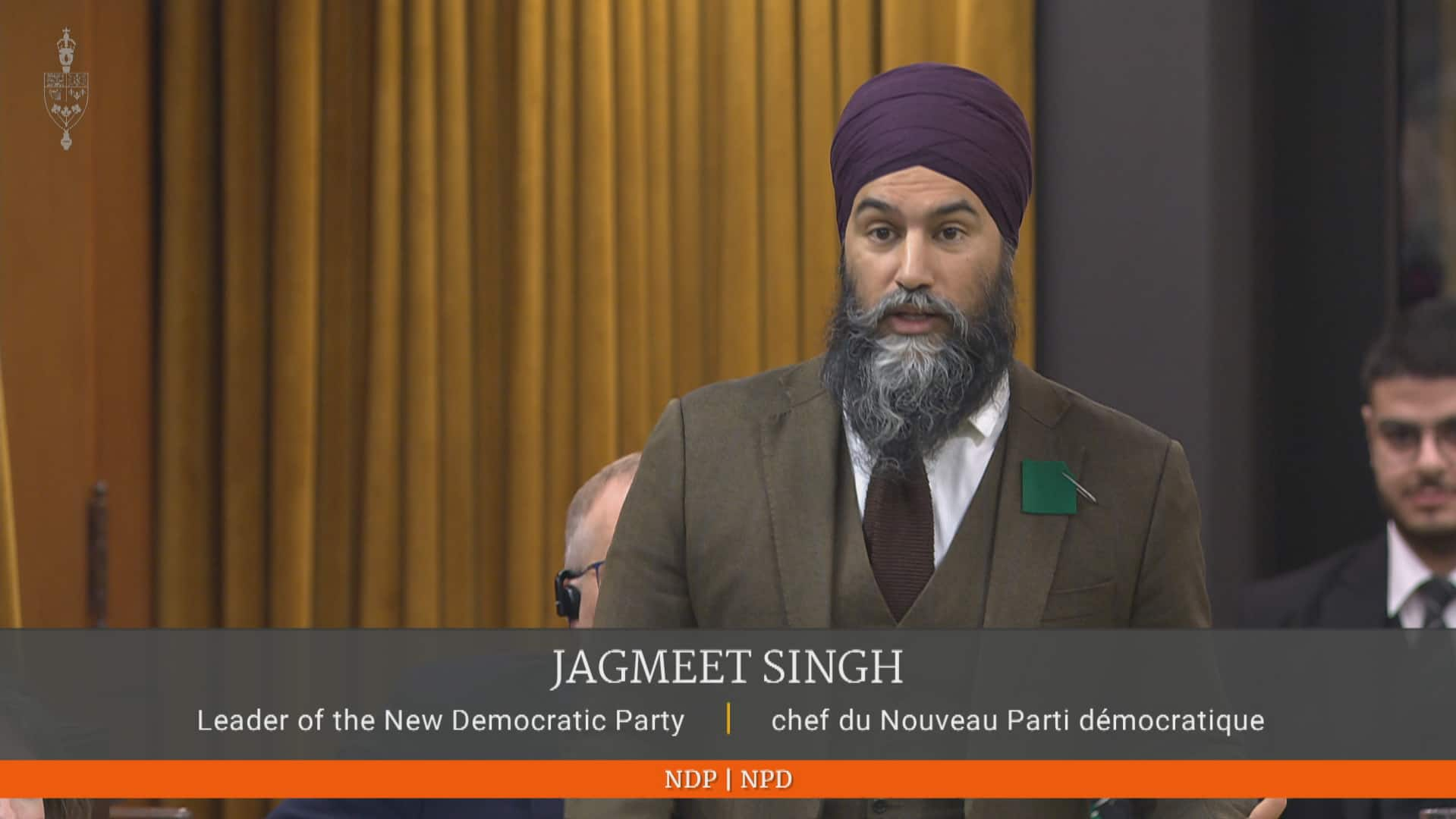Wed, February 1, 2023
Half a million workers went on strike in Britain on Wednesday, calling for higher wages in the largest such walkout in over a decade, closing schools and severely disrupting transport.
Europe is battling a cost-of-living crisis and the latest strikes come a day after more than 1.27 million took to the streets in France, upping pressure on the French government over pension reform plans.
Britain's umbrella labour organisation the Trades Union Congress (TUC) called it the "biggest day of strike action since 2011". Teachers and train drivers were among the latest groups to act, as well as border force workers at UK air and seaports.
"We are striking because for the past 10 years we had effectively had a pay cut," said job centre worker and union representative Graham, who preferred not to give his last name.
"Some of our members, even though they are working, still have to make visits to food banks," he told AFP.
"Not only are wages not keeping up, but things like fares, council tax and rents are going up. Anything we get is eaten away."
Britain has witnessed months of strikes by tens of thousands of workers -- including postal staff, lawyers, nurses and employees in the retail sector -- as UK inflation raced above 11 percent, the highest level in more than 40 years.
- 'No magic wand' -
At London's King's Cross rail station, Kate Lewis, a 50-year-old charity worker, said she sympathised with the strikers despite her train being delayed.
"I understand. We are all in the same boat. All impacted by inflation," she said.
But government and company bosses are standing firm over wage demands.
With thousands of schools closed for the day, Education Minister Gillian Keegan told Times Radio she was "disappointed" teachers had walked out.
Union boss Mark Serwotka said the government's position was "unsustainable".
"It's not feasible that they can sit back with this unprecedented amount of industrial action growing, because it's half a million today," he told Sky News.
"Next week, we have paramedics, and we have nurses, then will then be the firefighters," he added, warning that unions were prepared to strike throughout the summer.
"Nothing would give me more pleasure than, to wave a magic wand and have all of you paid lots more," British Prime Minister Rishi Sunak told public health workers on Monday.
- Nationwide rallies -
"An important part of us getting a grip of inflation and halving it is making sure the government's responsible with its borrowing," he said.
"If that gets out of control that makes it worse and it's about making pay settlements reasonable and fair," Sunak added.
The latest official data shows 1.6 million working days were lost from June-November last year because of strikes -- the highest six-month total in more than three decades -- according to the Office for National Statistics (ONS).
A total of 467,000 working days were lost to walkouts in November alone, the highest level since 2011, the ONS added.
Alongside the strikes, unions are also staging rallies across the country against the Conservative government's plans to legislate against public sector strike action.
Organised by the TUC, the nationwide protests will insist that "the right to strike is a fundamental British liberty", said the group's General Secretary Paul Nowak.
Sunak has introduced a draft law requiring some frontline workers to maintain a minimum level of service during walkouts.
The prime minister has defended the plans as "reasonable" and in line with other European countries.
burs/jwp/am
UK's teachers and civil servants join mass strike on 'Walkout Wednesday'






By Alistair Smout and Michael Holden
LONDON (Reuters) -Up to half a million British teachers, civil servants, and train drivers walked out over pay in the largest coordinated strike action for a decade on Wednesday, with unions threatening more disruption as the government digs its heels in over pay demands.
The mass walkouts across the country shut schools, halted most rail services, and forced the military to be put on standby to help with border checks on a day dubbed "Walkout Wednesday".
According to unions, as many as 300,000 teachers took part, the biggest group involved, as part of wider action by 500,000 people, the highest number since 2011, when civil servants walked out en masse.
Prime Minister Rishi Sunak condemned the strikes which forced millions of children to miss school.
"I am clear that our children's education is precious and they deserve to be in school today being taught," he said.
His government has taken a hard line against the unions, arguing that giving in to demands for large wage hikes would further fuel Britain's inflation problem.
Tens of thousands of education workers marched through central London with placards which read "Children Deserve better" and "Save our Schools, Pay Up".
Taking part in the march, primary school teacher Hannah Rice, 32, said she hoped the scale of the action would send the government a strong message.
"This government should be ashamed of the way they are managing things," she said. "It's clear people are unhappy, it's clear that there needs to be a change."
The PCS Union, representing about 100,000 striking civil servants from more than 120 government departments, warned of further co-ordinated strikes.
"If the government doesn't do something about it, I think we will see more days like today with more and more unions joining in," PCS general secretary Mark Serwotka told Reuters.
"We need money now," he added.
STRIKES SPREAD
With inflation running at more than 10% - the highest level in four decades - Britain has seen a wave of strikes in recent months across the public and private sectors, including health and transport workers, Amazon warehouse employees and Royal Mail postal staff.
Next week, nurses, ambulance staff, paramedics, emergency call handlers and other healthcare workers are set to stage more walkouts, while firefighters this week also backed a nationwide strike.
The strikers are demanding above-inflation pay rises to cover rocketing food and energy bills that they say have left them struggling to make ends meet.
So far the economy has not taken a major hit from the industrial action, with the cost of strikes in the eight months to January estimated by the Centre for Economics and Business Research at about 1.7 billion pounds ($2.09 billion), or about 0.1% of expected GDP.
It put the estimated impact of the teachers' strikes at about 20 million pounds a day.
But the strikes may be having a political impact on Sunak's government.
His Conservative Party has been trailing the opposition Labour Party by as much as 25 percentage points in polls and surveys indicate the public think the government has handled the strikes badly.
Mary Bousted, General Secretary of National Education Union, told Reuters that teachers in her union felt they had no choice but to strike as declining pay meant high numbers were leaving the profession, making it harder for those that remain.
"There has been, over the last 12 years, a really catastrophic long term decline in their pay," she said outside a school in south London.
"They are saying, very reluctantly, that enough is enough and that things have to change."
The school closures have made life difficult for millions of working parents.
Miranda Evans, 44, a policy and programmes manager from south Wales, said she supported the strikes but they had left her working from home while also looking after her three children aged 15, nine and six.
"They're all currently around me while I'm sending emails," she said. "It's highly stressful."
($1 = 0.8130 pound)
(Reporting by Michael Holden, Alistair Smout, William Schomberg, Natalie Thomas, Will Russell, Yadarisa Shabong, Ben Makori, Gerhard May and Sarah Young; Editing by Jonathan Oatis, Raissa Kasolowsky and Christina Fincher)



































